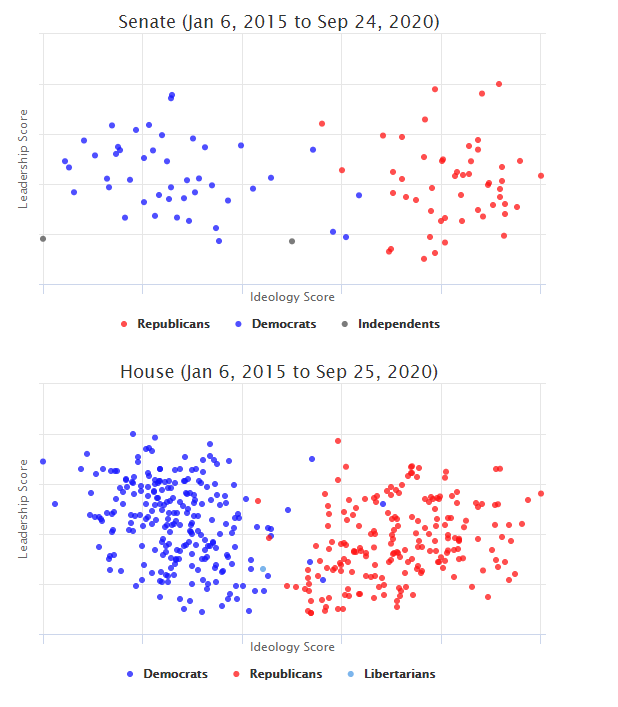It may be a blunder to lean into the socialist label when you’re not actually about abolishing the commodity form or running industries democratically, but it’s borne of a blunder of the right. By calling government-run services socialism they hoped to make us believe that government-run services were bad, but instead they made us believe socialism was good.
I'm aware that Reagan was one of the original perpetrators of the "socialism scare" with his statements about Medicaid.
It was a slippery slope argument on his part.
However, the flip side of that is that the concept, in reality, isn't so much of a "slippery slope" as much as it is:
"A slight grade in which sometimes governments can keep their footing, and sometimes they can't"
There are examples of governments that have been able to increase the amount of public services and are able to find a good cutoff and stick to it, and others where the slope did end up being a tad too slippery.
That's why the rhetoric resembling calls for socialization have such a polarizing effect on Latino/Hispanic voters, and why there's an anomaly with regards to certain Hispanic folks siding with republicans over democrats.
Central and South America is a perfect example of how people can have two very different experiences with that concept.
If you lived in Chile (specifically under the Pinochet regime), or in one of the central American countries that had their resources ravaged by privatization which allowed foreign interests to gobble up all of their resources, then price gouge them, you likely had your life made better by certain aspects of socialization at a domestic/national level.
If you lived in Cuba or Venezuela, you had the experience of having some minor problems in the free market realm, and then having someone come in to make promises about how "the government will run these particular sectors, and make it fair for everyone", only to have their country destroyed and run by a dictator (in the case of Cuba), or had such a hyperinflation issue that they literally can't pay cash for anything because the currency is devalued so bad that buying a hot dog would require a suitcase of of Bolivars of the highest denomination. (1 USD = ~1.1 million bolivars).





